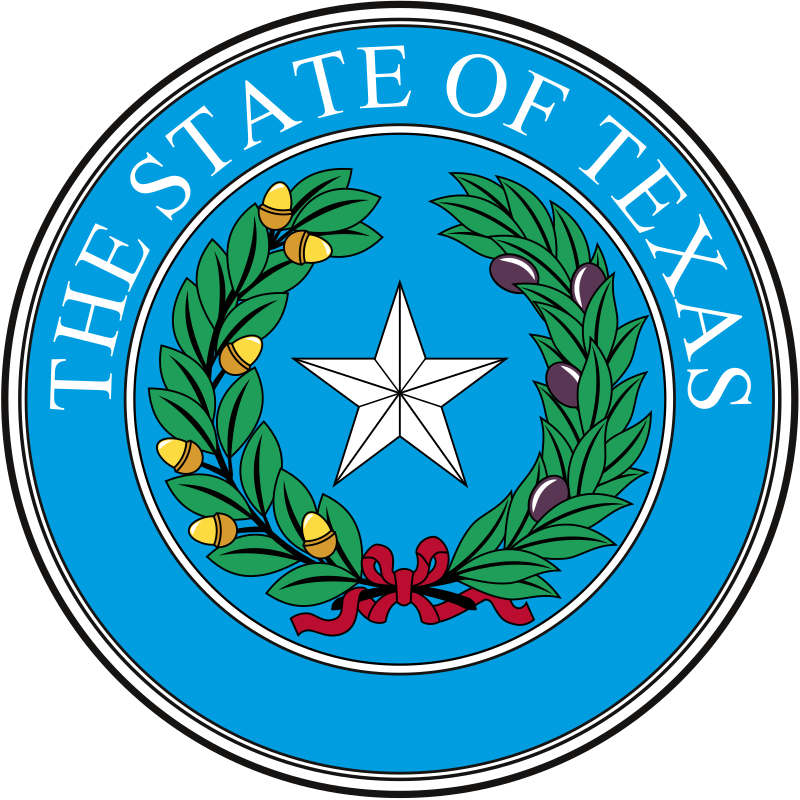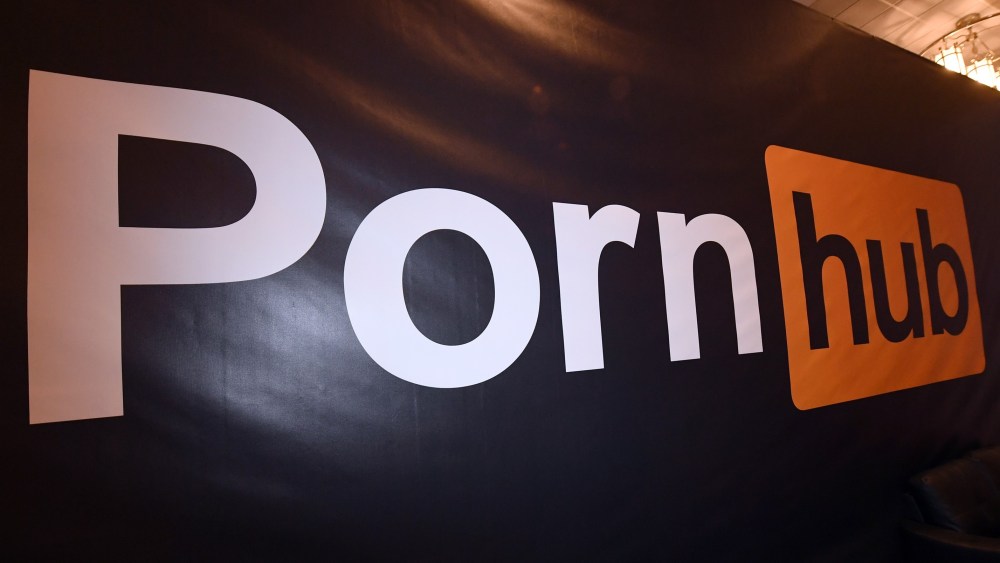cross-posted from: https://lemmy.world/post/4221949
Court Rules in Pornhub’s Favor in Finding Texas Age-Verification Law Violates First Amendment::A Texas law requiring age-verification measures for porn sites, challenged by Pornhub and others, violates the First Amendment, a judge ruled.



Since I can’t read lawyer speak very well, can someone sum up why it was considered a first amendment failing?
It can understand why forcing sites to display the warning would be a violation, but the basic wording of “reasonable age verification method” doesn’t seem to be a first amendment violation to my understanding.
Note: I am not disagreeing with this outcome, I just don’t understand how it’s specifically a first amendment violation.
Also please use small words, as I am dumb.
0: both parties tacitly agree that strict scrutiny of this law applies due to merits of the law and prior precdent
1: law is too broad, in that the law does not specify strictly enough what is “adult content” and does not provide reasonable means for preventing minor access. Just cited that states could just as easily ban newspapers they disagree with under the law
2: law is too onerous to comply with. Costs too much money, basically, for sites to comply with. Essentially, requiring the company provide the age verification process is an undue burden. “Proper age verification” is not explicitly defined, and can mean whatever the state wants it to mean at any given time.
3: warning the sites are required to display does not have associated findings, scientifically. Gov agencies responsible have not shown that these outcomes are likely.
4: “sweep” of law (that is, who it is designed to protect) is unclear due to widely varying harm between different levels of minors. For instance, sites that offer sex Ed to older teens would also be impacted
5: adults seeking to view adult content are likely to be impacted, making the law too broad in its impact
6: no guarantee that age verification measures will be deleted and protect consumer privacy
7: less restrictive measures are available, and the states own research indicates parental measures to prevent minors from accessing adult content are sufficient
There’s a bit more, but it gets increasingly harder to “ELI5” because it is based on precedents and such. Essentially, the law is very poorly written and likely wouldn’t pass constitutional muster at any improved level of specificity.
I’m feel less dumb now. Thank you new friend.
To my understanding this law required much more invasive methods of age-verification than a simple “are you over 18?” prompt, which could potentially lead to people exposing sensitive personal information to malicious websites.
Take this with a grain of salt because i also haven’t read the article yet, but i remember this lawsuit from other posts a couple of months ago.